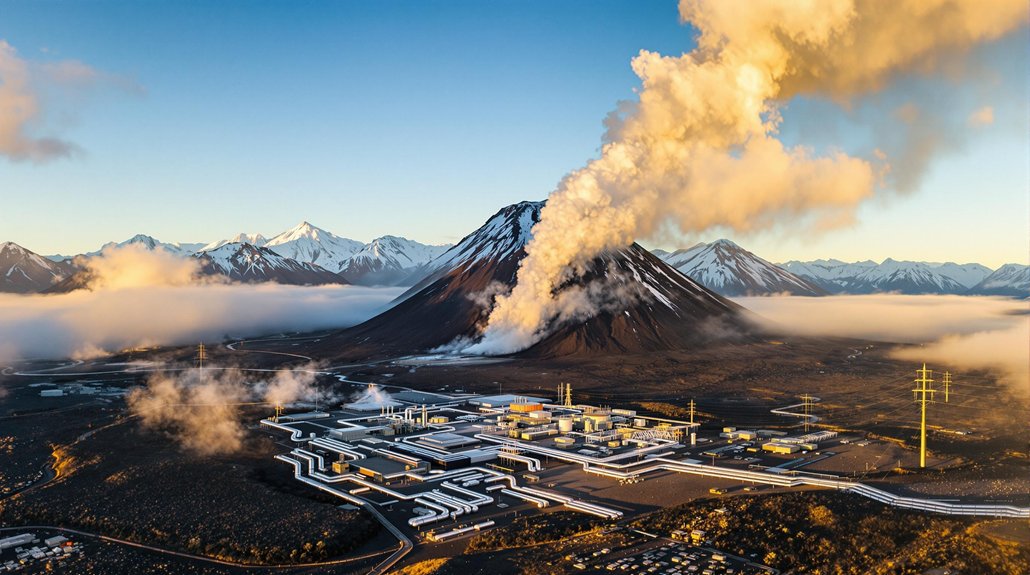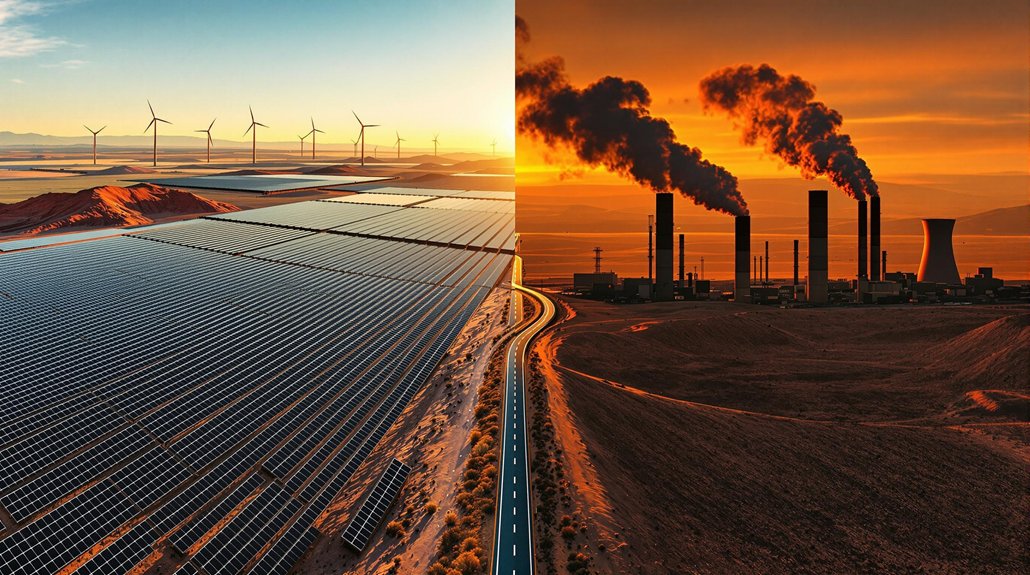President Trump’s administration has launched a fossil fuel expansion campaign since returning to office. His policies include new drilling approvals, withdrawal from climate agreements, and regulatory rollbacks. The Department of Energy now focuses on production rather than oversight, with streamlined permitting for oil and gas projects. These changes aim to create jobs and reduce energy costs while positioning America as a fossil fuel leader. The global climate implications could be far-reaching.
President Trump has launched an aggressive push to expand fossil fuel production across the United States. After declaring a “national energy emergency,” his administration has approved new drilling in the Gulf of Mexico and Arctic regions. Methane regulations have been relaxed to boost oil field output, and federal lands once off-limits are now open for drilling. Environmental organizations like the Southern Environmental Law Center have committed to hold the administration accountable to environmental laws during this fossil fuel expansion.
In January 2025, the U.S. officially withdrew from the Paris Climate Agreement, signaling a major shift in climate policy. Trump has repealed executive orders that required climate impact considerations and reversed bans on coal leasing on federal lands. His administration has also removed references to climate change from policy frameworks.
The Department of Energy has undergone significant changes under Trump’s leadership. The focus has shifted from regulatory oversight to energy production, with offices supporting renewable initiatives eliminated. Chris Wright, a fossil fuel advocate, now leads the department, which has been merged into a new “Department of Government Efficiency.”
Clean energy programs have faced major obstacles. The administration cut renewable subsidies and paused offshore wind projects. Existing wind leases are under review for potential removal. Trump has directed agencies to eliminate clean energy mandates and aims to repeal major climate legislation, including the Inflation Reduction Act.
The war on renewables intensifies as Trump dismantles subsidies, freezes wind projects, and targets climate legislation for elimination.
Fossil fuel infrastructure development has been accelerated with eased restrictions on natural gas pipeline approvals. The administration has restarted reviews of LNG export projects and expedited licensing for deepwater export facilities. Tatiana Mitrova, a Global Fellow specializing in energy markets, has warned that these policies could have severe geopolitical implications for international energy relations.
Regulatory reforms at FERC now prioritize energy security over climate concerns. The administration has streamlined permitting for oil and gas projects while directing agencies to favor economic growth in decision-making.
Trump has promised job creation in fossil fuel sectors and aims to reduce energy costs through increased production. His administration has positioned the U.S. as a global leader in fossil fuel production, emphasizing energy independence and national security while aligning with the conservative “Project 2025” energy agenda.









